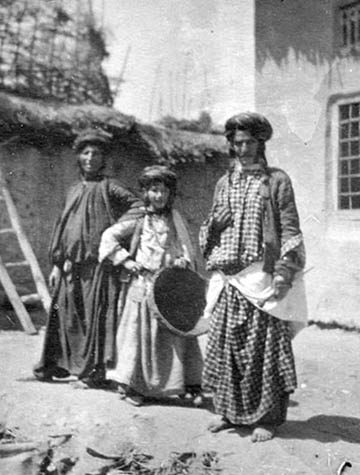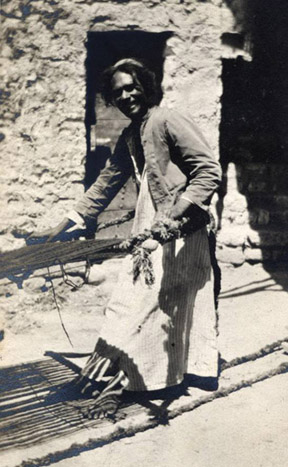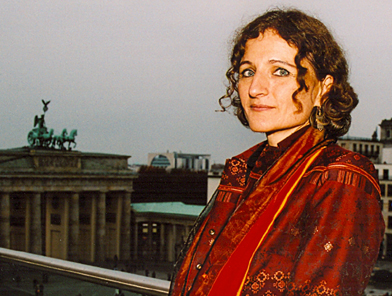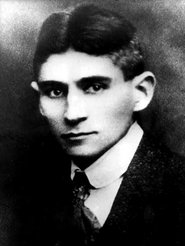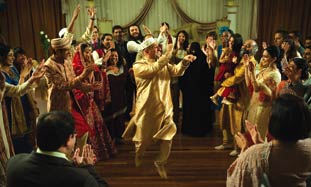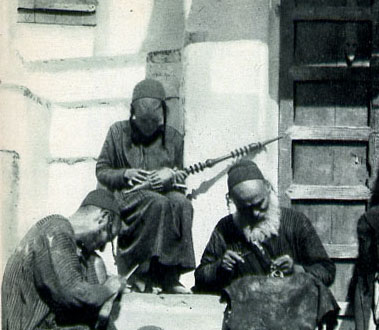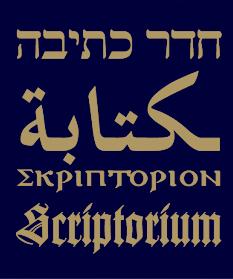
by F. E. Peters, NYPL Website, October 18, 20120
For very long time, Jews, Christians and Muslims have behaved toward one another like members of a dysfunctional family, like the competitors for an immense inheritance, the favor of Almighty God. But the current exhibition at the New York Public Library uncovers quite another strain of familiarity among the three, their devotion to the book.
Many cultures value the written word, the art of writing and a reverence for books, but Jews Christians and Muslims are unique in their devotion not merely to books – the scribe was always among their elite members before the age of printing – but to the Book. Continue reading Guardians of the Sacred


